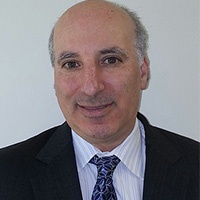Brentwood Criminal Lawyer, Maryland
Sponsored Law Firm
-
 x
x

Click For More Info:
-
Cromwell & Associates, LLC
7305 Baltimore Ave Suite 307 College Park, MD 20740» view mapEstate, Tax, and Real Estate Law Where Every Client Matters
At Cromwell & Associates, our firm is large enough to handle your diverse needs, but small enough to give you the personal attention you deserve.
240-667-7234
Stephen Cromwell
✓ VERIFIEDReal Estate, Estate, Business, Criminal, Lawsuit & Dispute
Steve, originally from Baltimore, holds a JD and an MBA in Finance from the University of Maryland. In addition to advanced degrees, Steve has complet... (more)
Ivan Marc Waldman
✓ VERIFIEDAccident & Injury, Criminal, Employment, Motor Vehicle, Lawsuit & Dispute
We work diligently to bring each and every client the best results possible. Quite often a favorable resolution is achieved because the opposing attor... (more)
Steven M. Jacoby
Social Security -- Disability, DUI-DWI, Criminal, Car Accident
Status: In Good Standing
FREE CONSULTATION
CONTACTTimothy Joseph Sullivan
Ethics, Federal Trial Practice, Federal Appellate Practice, Criminal
Status: In Good Standing
Brett J. Cook
Criminal, Search & Seizure Protections, Prisoners' Rights, Accident & Injury
Status: In Good Standing
FREE CONSULTATION
CONTACT Stephen Cromwell College Park, MD
Stephen Cromwell College Park, MD AboutCromwell & Associates, LLC
AboutCromwell & Associates, LLC


